Anees Salim is an author from Kerala who’s had several books published in India over the last ten years. Now, Newbury’s Holland House Books are publishing him in the UK, with Salim’s latest novel, The Bellboy.
17-year-old Latif lives on an island, but now has a job on the mainland, as a bellboy at a hotel named Paradise Lodge. He quickly discovers that this is a place people come to end their lives: on his first day, he watches the manager walk into the room of a guest who still hangs from the ceiling, and pocket the dead man’s cash – only then calling the police. It sets the tone for a job that’s going to change Latif’s life drastically.
When Latif travels between home and work, he’s effectively travelling between two different worlds – neither of which is all that it seems. People don’t generally go to Paradise Lodge for a holiday, as you’d generally expect with a hotel. They go for secret reasons, such as to conduct affairs or take their own lives. Latif’s home island is sinking, but it’s something the inhabitants can put out of their mind if they wish, because the ecologist working there doesn’t speak their language, and the danger is still some way into the future.
So neither of Latif’s world’s has the most stable subjective reality. Adding to this, Latif will invent stories for the Paradise Lodge janitor, Stella, telling her about non-existent people from his village – notably Ibru, who serves as a kind of alter-ego for Latif, someone who can do what he can’t, or won’t admit to.
It’s quite an experience seeing Latif change as he rides the currents of life (or is overwhelmed by them). Here’s hoping we see more of Anees Salim’s work in the UK before too long.

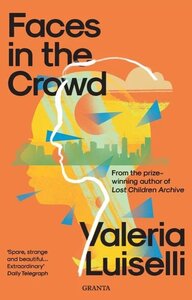

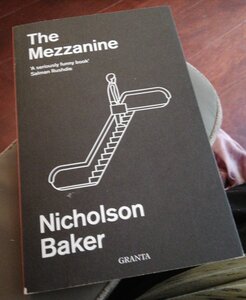

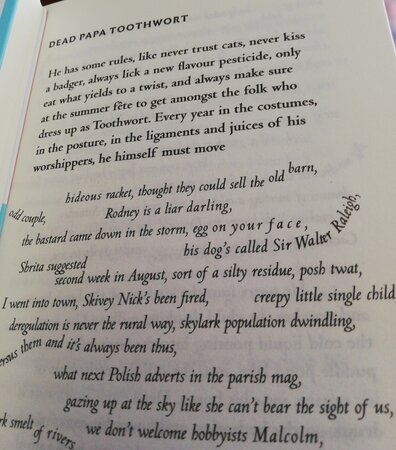
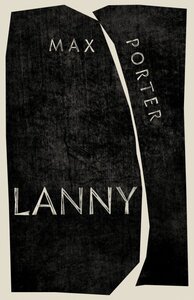
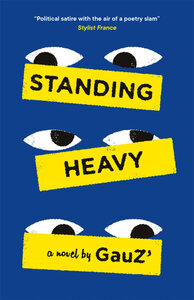

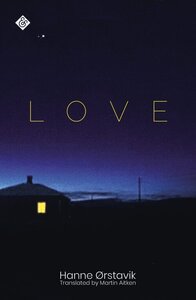

Recent Comments